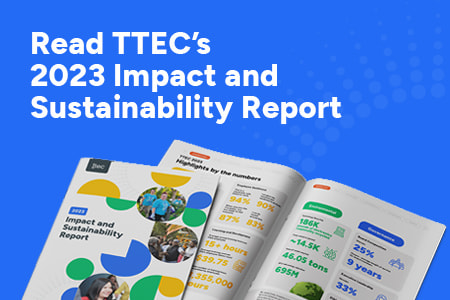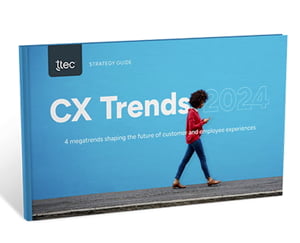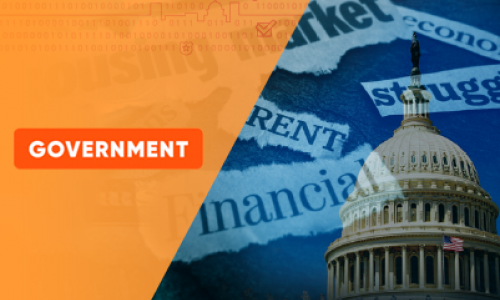Consumers gravitate towards the cloud because it’s an easy one-stop-shop for information accessible from many devices. Similarly, businesses with large technology infrastructure and data, such as contact centers, have found great advantages in moving previously premise-based systems to the cloud. According to DMG Solutions, the number of seats in the cloud contact center environment will grow by 23 percent in 2020.
Cloud contact centers can deliver better and more cost-efficient customer service. It’s an environment that can reduce contact center operating costs and improve ROI with easier deployment and included upgrades. The cloud also allows for more flexibility and scalability in delivering state-of-the art omnichannel contact centers as technology advances.
Best practices in cloud contact center security
However, there are still concerns that data in the cloud is secure: unauthorized access, data leakage, and general privacy over sensitive information have become key topics. That’s why organizations are deploying information security practices in the cloud center space to safeguard what matters the most to users. They include:
- Whitelisting: Centers can moderate and approve the list of websites and URLs that are accessible to customers. While blacklisting is citing what should not be used by customers, whitelisting narrows down the search options into smaller, more reliable results.
- Least privilege: This is a principle defining what associates can have access to in a cloud environment. The only people who operate with certain information are those who have been authorized. This creates a heightened level of accountability for sensitive data in the private and public sectors.
- Gates and guards: All points of interaction across all channels are isolated in a cloud contact center environment and many steps are taken to ensure that data is not available to the public. Clients are provided with a dedicated circuit where they can perform in a secure environment while still maintaining all manner of telecommunications.
Going the extra data security mile for government agencies
Having extremely secure cloud CX solutions is a must for federal departments that need to keep millions of citizens' data secure and confidential. That’s why as a part of TTEC mission of providing a secure cloud CX platform for both the public and private sectors, we went through the rigorous process of fulfilling the strict requirements of having our Cisco-powered government solution become FedRAMP authorized, having received authorization at the end of 2019.
FedRAMP provides contact centers with a standardized approach to security assessment, authorization, and continuous monitoring for their cloud products and services with the authorization of the federal government. TTEC can now offer U.S. government agencies the benefits of our superior omnichannel solution with the trust that it has met very high security standards. This allows us to enable more cost-effective procurement and more rapid implementation. It also extends further value to those agencies we are actively working with.
At TTEC good is not good enough, so we wanted to take our security authorization even higher, by fulfilling the additional requirements to become JAB P-ATO (with additional approvals from CIOs from Department of Defense, General Services Administration, and the Department of Homeland Security) vs. just an Agency designation. We are currently one of the only cloud contact center platform vendors in the FedRAMP marketplace with that designation and we will soon be IL4.
Step into 2020 securely
The last decade was as defined by its technological marvels as it was by its share of technological mishaps. We at TTEC understand the public and private sector’s business needs for cloud CX applications, as well as how important it is to protect citizen information. We are taking all steps needed to engender trust in the security of our platform now and in the future.
Innovation needs to be met with accountability, as the cloud industry continues to grow in both the public and private sectors.







